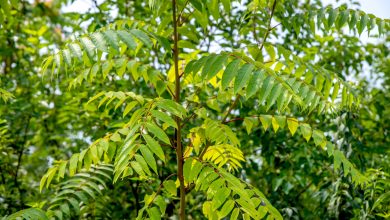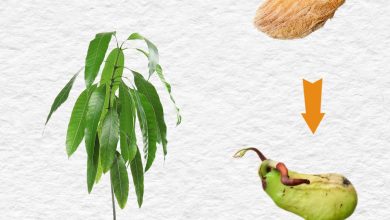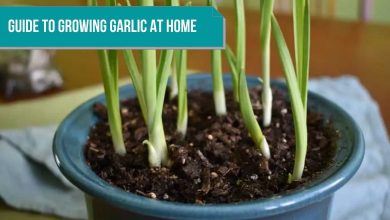How often and how to water my Kales?
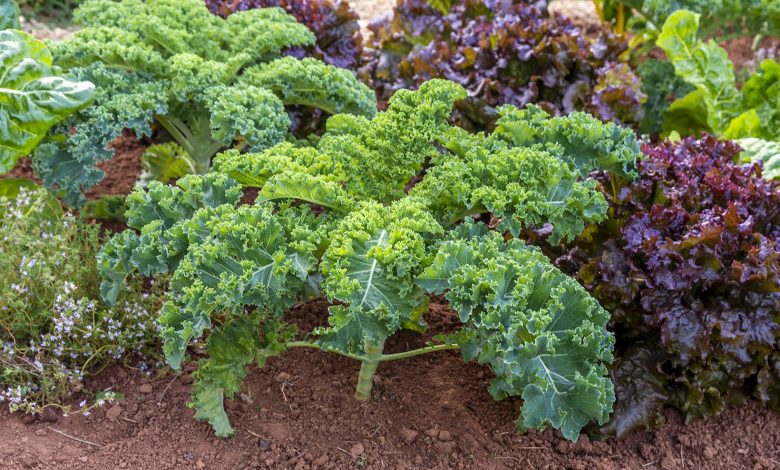
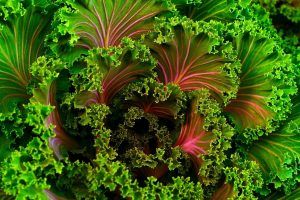 Kale is a kind of kale, which belongs to the same family as other cabbage, cabbage, broccoli, and cauliflower.
Kale is a kind of kale, which belongs to the same family as other cabbage, cabbage, broccoli, and cauliflower.
Its cultivation is very simple, which is why its planting in small, community, family or personal gardens has become popular.
In addition, it has been categorized as a superfood, due to its minerals, nutrients and the benefits it brings to the body.
On the other hand, it is a perfect crop for temperate and cold places, since it supports frost and winter frost in a good way. However, it may have important watering needs that you should be aware of, so we invite you to continue reading to find out everything that watering kale entails.
Important points when watering a kale:
- Irrigation frequency: daily.
- Irrigation method: drip or micro sprinklers.
- Optimum time of day for irrigation: early in the morning or late in the afternoon.
- Identify excess water: root rot.
- Identify lack of water: dryness, both of the soil and of the plant.
What watering needs does kale have?
Kale’s watering needs vary because they are highly dependent on where it is grown. As a general rule, if planted directly in the ground, kale usually requires daily watering to maintain soil moisture.
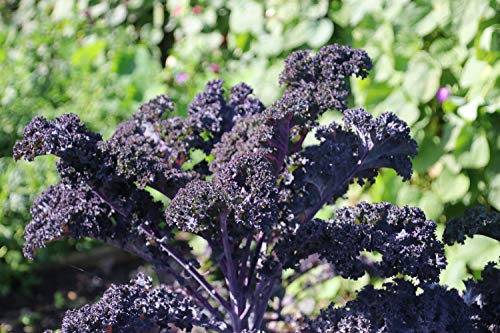
However, if it is in a pot with good drainage and sun, it will need to be watered at least twice to ensure optimal humidity. The important thing is that the plant remains in the right conditions for its development, since otherwise it will not be able to prosper.
How can we detect lack of irrigation in kale?
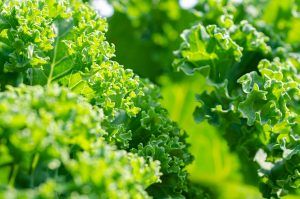 Since it is a plant sensitive to lack of water and does not resist drought, kale tends to dry out quickly when there is a lack of irrigation.
Since it is a plant sensitive to lack of water and does not resist drought, kale tends to dry out quickly when there is a lack of irrigation.
On the other hand, if you are in a site with a lot of sunlight, the leaves may look scorched at the edges and have little color.
In the event that it is planted in pots, the kale tends to dry out much faster, so you should keep an eye on it.
How often should we water the kale?
Because it is a plant that needs moisture to survive, it is convenient to water it daily.Whether it is in the ground or in a pot, water is essential, making it necessary to maintain the watering routine.
However, it is essential that you never let puddles form around the plant, since it can be counterproductive. Water normally, leaving the substrate moist and the plant will be able to develop without problems with a daily dose.
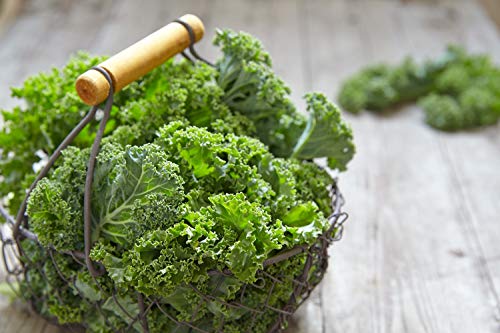
It is recommended that irrigation be carried out during periods of time when the sun is low or absent.This means that it is best to water first thing in the morning or late in the afternoon, even at night.
In this way, the plant will have time to assimilate the water and will not run into dangers such as accelerated evaporation or water burns on its leaves.
What is the best way to water kale?
There are two methods that can be ideal for properly watering kale: drip and micro sprinklers.Drip is the preferred option in many cases because it allows you to control the amounts of water.
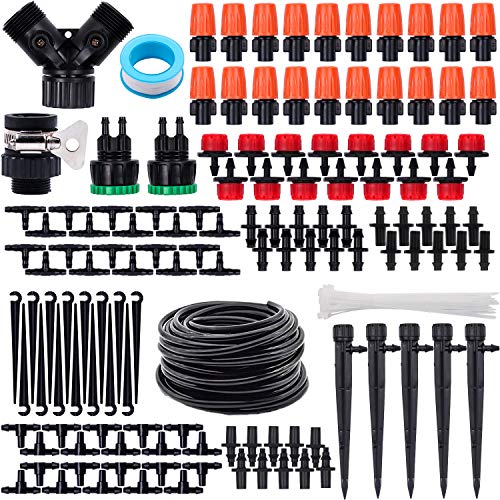
In this way, you will be able to do the watering properly, avoiding drowning the plant, creating puddles or promoting problems due to excess water. On the other hand, if the plant is directly in the ground, micro-sprinklers could do the job conveniently and comfortably.

Keep in mind that this method allows the water to be distributed evenly and that it usually serves to irrigate a good amount of land. You can use them for your entire garden, if you have a good group of kale planted, giving them the water they need without too much effort on your part.
Also, if you do not have this type of irrigation equipment, you can use a garden watering can. This element promotes the distribution of water and can have an effect similar to that indicated above.
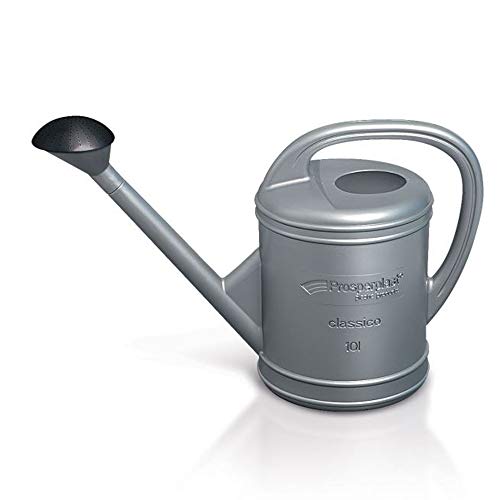
How do we detect excess water in kale?
Being a high humidity plant, the kale does not support excess water, so it will have a tendency to rot if that is the case. The first indications will be the puddles around the plant, since it cannot handle a high amount of water.
The soil will be mushy and will cause the roots of the kale to suffocate and gradually begin to rot. When this process begins, the plant will look much less vibrant and will lose its normal bright color.
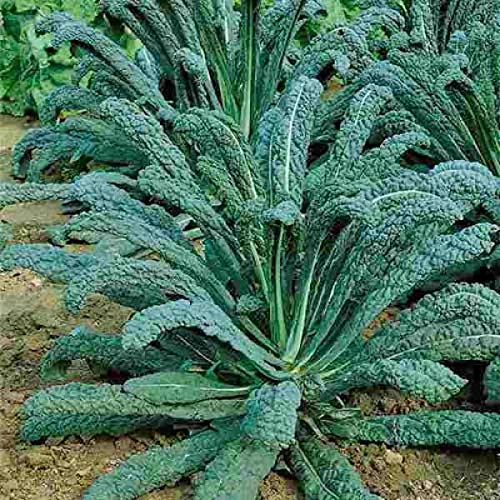
If the plant is growing, it may stop growing and begin to wither, falling limply. The good news is that all of this is avoidable if you put some effort into designing a good kale irrigation system to fit your needs.
Bibliographic references
- [PDF] Cultivation of kale, G Saavedra del Real, M Bastías, E Kehr … – Informative INIA …, 2021 – library. start. cl
- Evaluation of the adaptability of three varieties of cabbage (Brassica sp.), in the district of Lamas, H Díaz Romero – alicia.concytec.gob.pe
- Evaluation of two varieties of kale (Brassica oleracea var. saberlica) under levels of aerobic organic foliar fertilization, RH Ticona – Apthapi, 2017 – ojs.agro.umsa.bo
- Participatory selection program in Brassica varieties: a strategy for the economic diversification of peri-urban agriculture through the …, A Rull Ferré, AI Rivera Pinzano… – … of Horticulture Nº80, 2018 – upcommons.upc.edu
Maybe you are also interested in:

